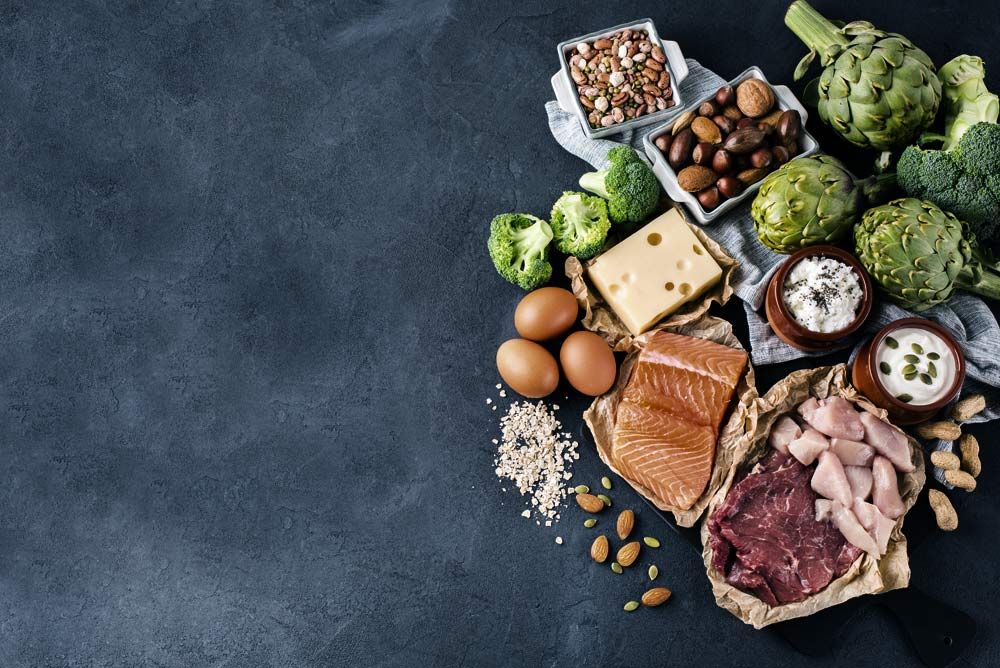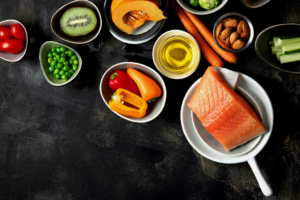
Protein: What Should I Eat?
In previous articles on protein we looked at understanding the importance of protein and establishing a protein goal, then covered some of the common myths & questions associated with protein. All of that is great, but what does this mean on a practical level? What protein should you be eating?
In this article we look at understanding what you should eat to reach your protein goal. Included is a downloadable PDF with the breakdown of calories and macronutrients for common foods per 100g and importantly per typical portion size. Familiarising yourself with this list can really help you understand how to structure your meal plan to reach an appropriate protein goal, whether you choose to have a diet that contains animal protein or if you prefer to have a diet that consists only of plant-based foods.
If your goal is fat loss and you are being mindful of calories consumed, then you have to be a bit more selective than most when it comes to your protein choices. In some cases, especially those on a more plant-based diet, utilising protein powders to reach the appropriate protein goal may be advisable when struggling with wholefood alone.
Sometimes we can be misled into thinking certain foods are a better source of protein than what we think. Let’s look at the comparison of vegetables vs meat as a source of protein. Often vegetables are said to be very good sources of protein, and whilst they have a high percentage level of protein, you can see that the highest protein content per portion of vegetable (Broccoli), contains exactly 10 x less actual protein per typical portion size of the highest meat source (Lean Turkey). To be clear you would have to eat 10 portions of broccoli to consume the same level of protein as 1 portion of lean turkey.
This is not to say you cannot hit adequate protein levels on a plant-based diet, I really think you can with a bit of planning and in some cases supplementation. However, I believe many are misled into thinking they are eating much more protein than what they are because of the mis-information out there with regards to protein source comparisons, typically focusing on the percentage levels of protein or protein amount per 100g.
In reality if you are eating a plant-based diet then good combinations of foods such as vegetables with pulses/beans, nuts etc will typically get you where you need to be if aiming for some of the lower end reference ranges for protein intake. Whether you choose to eat animal proteins or solely rely on plant-based foods the choice is yours. Understand how much protein is right for you, plan out how you can reach that level and then assess how you feel with that level of protein in the diet. Be aware that some of those on a purely plant-based diet trying to hit the higher levels of protein may struggle from a digestive perspective because of the very high levels of fiber, and the issues that very high fiber can create with some individual’s digestive systems, such as bloating, gas and typical IBS symptoms.
P.S If there is a food you commonly eat that is not on the list and you want us to add it, please let us know and we will add it to the list with accurately calculated calories and macronutrients.













 This article was written by Steve Grant.
This article was written by Steve Grant.


